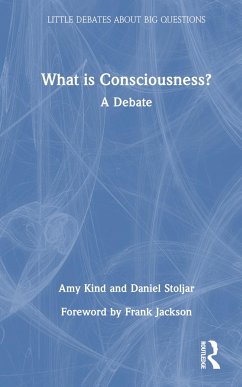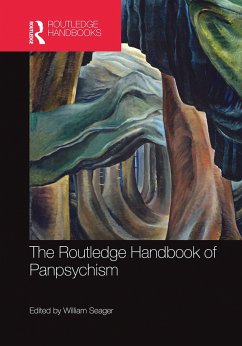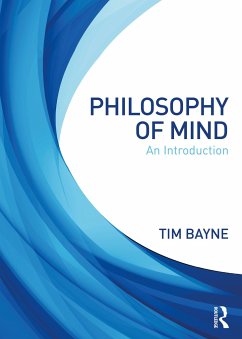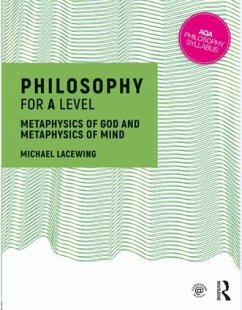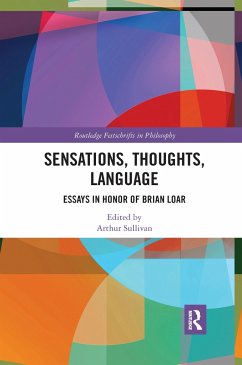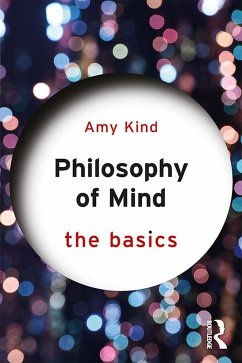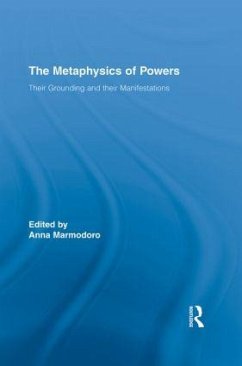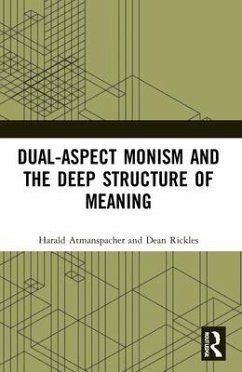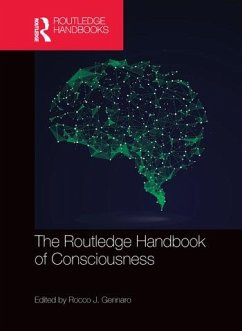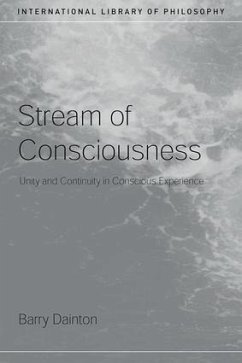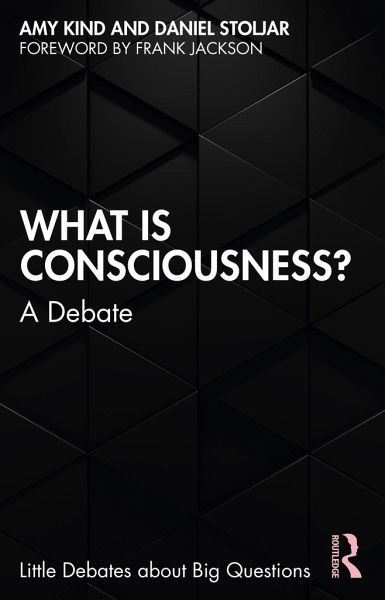
What is Consciousness?
A Debate
Versandkostenfrei!
Versandfertig in 6-10 Tagen
36,99 €
inkl. MwSt.
Weitere Ausgaben:

PAYBACK Punkte
18 °P sammeln!
What is consciousness and why is it so philosophically and scientifically puzzling? For many years philosophers approached this question assuming a standard physicalist framework on which consciousness can be explained by contemporary physics, biology, neuroscience, and cognitive science. This book is a debate between two philosophers who are united in their rejection of this kind of "standard" physicalism - but who differ sharply in what lesson to draw from this. Amy Kind defends dualism 2.0, a thoroughly modern version of dualism (the theory that there are two fundamentally different kinds o...
What is consciousness and why is it so philosophically and scientifically puzzling? For many years philosophers approached this question assuming a standard physicalist framework on which consciousness can be explained by contemporary physics, biology, neuroscience, and cognitive science. This book is a debate between two philosophers who are united in their rejection of this kind of "standard" physicalism - but who differ sharply in what lesson to draw from this. Amy Kind defends dualism 2.0, a thoroughly modern version of dualism (the theory that there are two fundamentally different kinds of things in the world: those that are physical and those that are mental) decoupled from any religious or non-scientific connotations. Daniel Stoljar defends non-standard physicalism, a kind of physicalism different from both the standard version and dualism 2.0. The book presents a cutting-edge assessment of the philosophy of consciousness and provides a glimpse at what the future studyof this area might bring.
Key Features
Outlines the different things people mean by "consciousness" and provides an account of what consciousness isReviews the key arguments for thinking that consciousness is incompatible with physicalismExplores and provides a defense of contrasting responses to those arguments, with a special focus on responses that reject the standard physicalist frameworkProvides an account of the basic aims of the science of consciousnessWritten in a lively and accessibly styleIncludes a comprehensive glossary
Key Features
Outlines the different things people mean by "consciousness" and provides an account of what consciousness isReviews the key arguments for thinking that consciousness is incompatible with physicalismExplores and provides a defense of contrasting responses to those arguments, with a special focus on responses that reject the standard physicalist frameworkProvides an account of the basic aims of the science of consciousnessWritten in a lively and accessibly styleIncludes a comprehensive glossary





